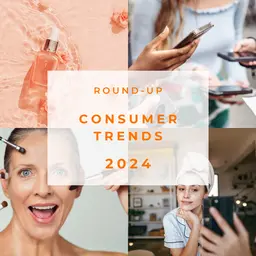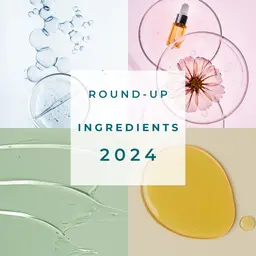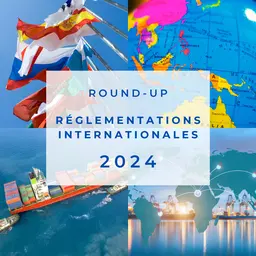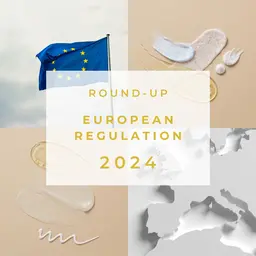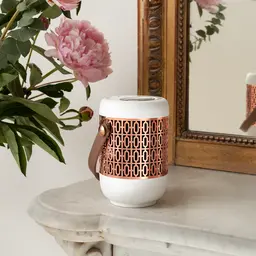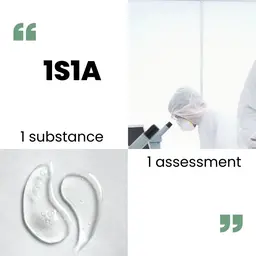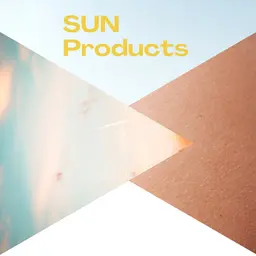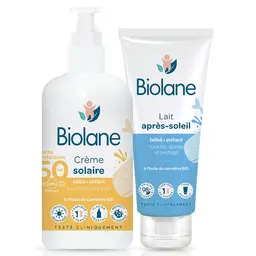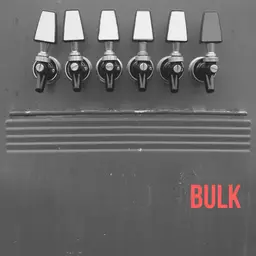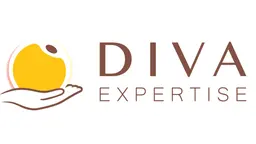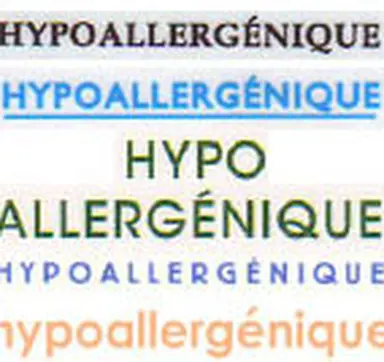
You are looking for what is best for your baby, and above all, for what may prevent any risk of allergy … Quite often, you do have undesirable reactions (as eczema) when in contact with some products, or you know you are allergic to a cosmetic substance (or several) … Therefore, you always choose cosmetics with a "Hypoallergenic" mention on their label. Nice reaction! At least, at first sight. Indeed, this mention, ill defined, does not always mean what you think it means: it has so many different definitions that it is far from being a guarantee!
Go to the Internet to try and find the definition of the term "hypoallergenic":
you won't find only one, but an impressive number of different definitions.
Underneath, the most often used:
• Hypoallergenic: which lowers the risks of allergy.
• The "Hypoallergenic" mention assumes the fact that clinical tests and laboratory analyses have been carried out, which allow to think that the application of the product will have minor consequences as per reactions of the
epidermis
, when compared with other similar products.
• The word "Hypoallergenic" may be used when it conveys the idea that the ingredients have been thoroughly chosen and when scientific studies prove their
allergenic
potential is low …
• "Hypoallergenic" means the most common allergens are not present in the product.
• The claim "hypoallergenic" is based on an assessment after the formula (which is supposed not to contain any allergens) and on the toxicological profile of the ingredients.
Now, do the same research in official documents
about
cosmetic products
.
About the "hypoallergenic" word, you will lay your hands on … nothing.
It is truly a regulatory gap: no indication, no prerequisites, no requirement whatsoever is linked to the hypoallergenicity claim. This let some …

